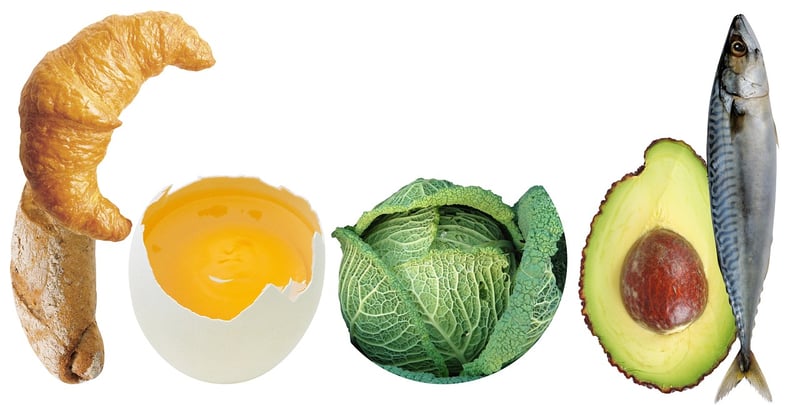Nutrient Guides
#Food
#Diet
#Nutrients
The Ultimate Guide to Balanced Eating and Essential Nutrients
Why Balanced Eating Matters
Consuming a well-rounded diet is crucial for maintaining good health and overall well-being. A balanced diet provides the necessary nutrients, vitamins, and minerals that your body needs to function properly and prevent diseases.
Key Components of a Balanced Diet
A balanced diet should include a variety of foods from all the essential food groups:
- Fruits and Vegetables
- Whole Grains
- Lean Proteins
- Dairy or Dairy Alternatives
- Healthy Fats
Essential Nutrients Your Body Needs
Here are some essential nutrients and their benefits:
- Protein: Helps build and repair tissues.
- Carbohydrates: Provides energy for daily activities.
- Fats: Important for brain health and hormone production.
- Vitamins: Support various bodily functions and immune system.
- Minerals: Such as calcium, iron, and potassium, are vital for overall health.
- Fiber: Aids in digestion and helps maintain a healthy weight.
- Water: Essential for hydration and overall bodily functions.
Tips for Maintaining a Balanced Diet
- Fill half your plate with fruits and vegetables.
- Choose whole grains over refined grains.
- Incorporate lean proteins like fish, poultry, beans, and nuts.
- Limit processed foods high in sugar, salt, and unhealthy fats.
- Stay hydrated by drinking plenty of water throughout the day.
Get Started on Your Balanced Eating Journey
Remember, small changes can lead to big results when it comes to your health. Start by making simple swaps in your diet to include more nutritious options and gradually build up to a well-rounded eating plan.
Resources for Further Reading:
For more detailed information on balanced eating and nutrient guides, check out these resources:


